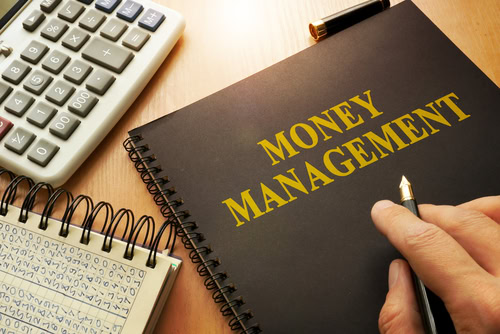Attaining Financial Wellness

Financial wellness is all about your relationship with money and your overall financial health. Here are ten ways to adopt a healthier financial lifestyle:
1. Commit to a Budget- It is important to know what you’re spending money on and how you can do it wisely. A budget gives you the control and freedom over your finances because you know what you need for expenses and what you have left to enjoy.
2. Have an emergency fund- Set aside savings to cover your expenses for a minimum of one month. While saving 3–6 months of expenses is ideal, if that is not an option, saving just one month of expenses is still important.
3. Save money consistently– Make it a habit to set aside a small amount of money, that will add up over time. One option is to set up an automatic monthly withdrawal from your checking to savings account. You won’t have to think about it, and balance adds up over time.
4. Pay off debts- If you’re facing a mountain of debt, pay off the little ones first. Taking care of smaller bills will give you a boost to tackle the larger balances, one by one.
5. Save now for education- Whether you have young children now or plan to have children in the future, consider opening a 529 savings plan. You will grow your money tax-free which can help to pay future tuition costs.
6. Know the due date of your bills– Add the due date of each bill to your calendar. This will keep you on a schedule and ensure you never miss a payment. It also assists in planning for future expenses.
7. Check your credit report yearly- Get in the habit of checking your credit score and credit report on an annual basis to make sure it is accurate.
8. Minimize applications for credit and loans- When you apply only for the credit or loans you need, your credit score will be higher and increases your financial wellness.
9. Open a checking account- A checking account is a must-have for managing expenses. Most banks offer checking accounts without a monthly fee.
10. Set an alert on your checking account- Your bank will notify you when your balance drops below a certain amount. This allows time for you to transfer money or make a deposit before a bank fee is applied.

